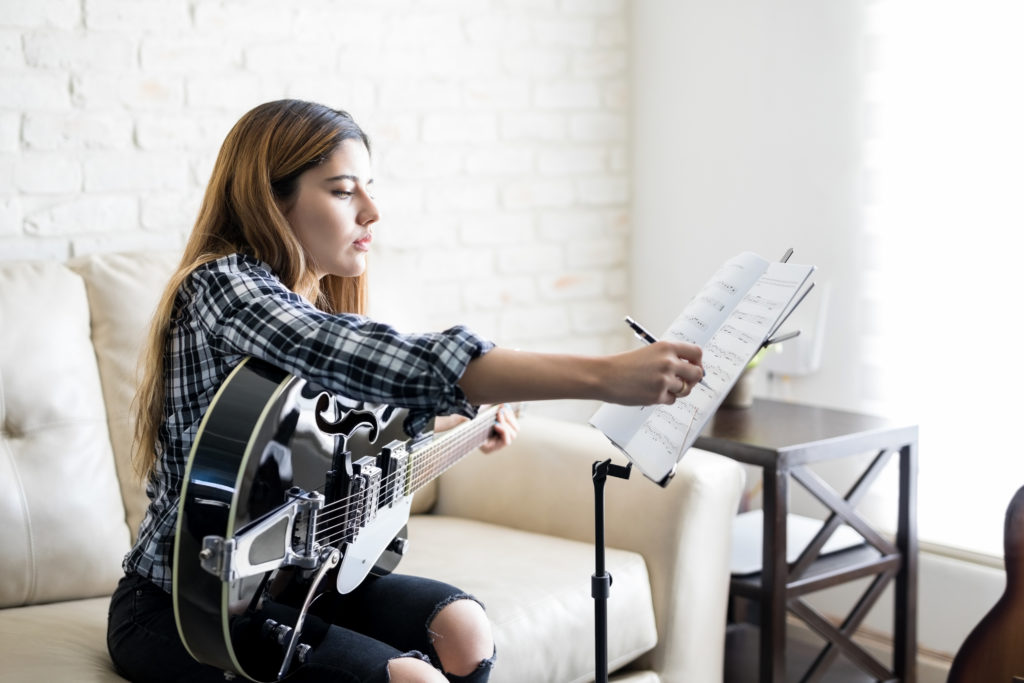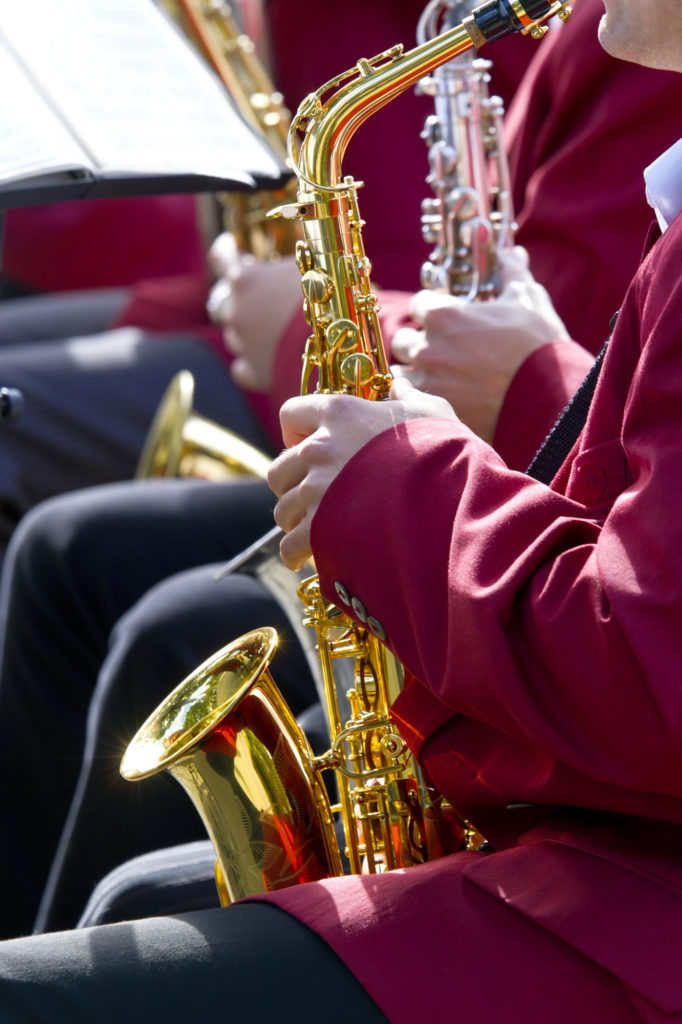What should a Music Literacy Program contain to be TRULY GREAT?
Comments Off on What should a Music Literacy Program contain to be TRULY GREAT?
The famous Hungarian composer, Zoltan Kodály, once said that to be a good musician we must have:
1. A well-trained ear.
2. A well-trained intelligence.
3. A well-trained heart.
4. A well-trained hand. All four must develop together, in constant equilibrium.
In today’s fast paced world, students (and often their parents) want to be able to “play the piano NOW!”. They don’t want to put in the effort to actually understand what it is they are playing.
Kodály also said that to teach a child an instrument without first ….. developing singing, reading and dictating to the highest level along with the playing is to build upon sand.
If you are an instrumental teacher, imagine how amazing it would be if BEFORE your students approached you to begin learning an instrument they could already sing AND inner hear what they read on the staff (as if they were singing it out loud) as well as be able to sing back – using note names – and write down what they hear? What if they understood all this at a deep and personal level?

How easy would your job as an instrumental teacher be then?
As any type of music teacher: instrumental, classroom, ensemble etc, enabling your students to do all this should be your goal! And yes it is possible, even in a 30 minute group instrumental lesson or a 45 min ensemble class per week.
Of course, in today’s world we seem to need reasons other than the musical ones to support the teaching of music literacy to our students. We need to be careful though that there is an understanding that NOT all types of music education are equal in what non musical benefits they pass on.
During Dr. Anita Collins’ (author of “The Music Advantage: How learning music helps your child’s brain and wellbeing”) keynote at the recent Melbourne Music Summit, she was asked “are there specifics about what/how we teach (music) that have impact on its value”? In the following video (from the 38 minute mark until at least the 44 minute mark but I encourage you to watch it all!) you will hear what Dr. Collins answers in response.
To summarise, she says that in order to gain these musical and cognitive benefits a music curriculum must:
- involve singing
- involve moving
- involve playing an instrument – in individual lessons PLUS in an ensemble
- be ongoing – at least once a week
- be sequential
- go for a minimum of three years, preferably five
- include the reading of music notation
- be taught by a teacher who has been trained in teaching music this way
How will you ensure YOUR music program is teaching music in the best possible way?


Comments are closed